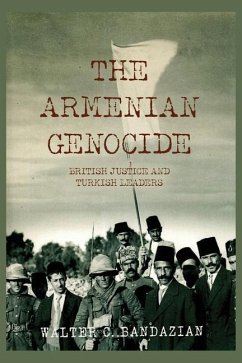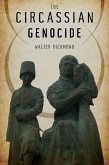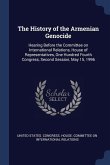About the Book The Armenian Genocide traces developments which led to the arrest, detention, and finally, the release of Young Turks and their allies accused of committing war crimes during and after World War 1 against the Christian population of Ottoman Turkey - and most notably Armenians. The primary focus of Walter Bandazian's work concerns the role played by British authorities in the Near East in addressing the Armenian Genocide and initiating the first international effort to bring war criminals to trial, even before the Nuremberg trials of 1946-49. However, as Bandazian also shows, the anticipated trials never materialized because of several key factors, including the lack of appropriate legal mechanisms, difficulties in securing evidence on the ground, and political opposition from different quarters. Most of the present work is composed of documents which informed British authorities of the guilt of such civil, parliamentary and military functionaries as Memduh Bey in Erzinjan, Arif Fezi Bey in Diyarbakir, Mustafa Abdul Halik in Bitlis, Suleiman Faik Pasha in Harpoot, and others. About the Author Walter C. Bandazian was born in Brooklyn, NY, and raised in Philadelphia. He was an assistant professor of history and government at Beaver College in Philadelphia (1967-1972); Dean of Haigazian College in Beirut, Lebanon (1972-1975); and executive-director of Karagheusian Foundation based in New York City (1975-2014).








